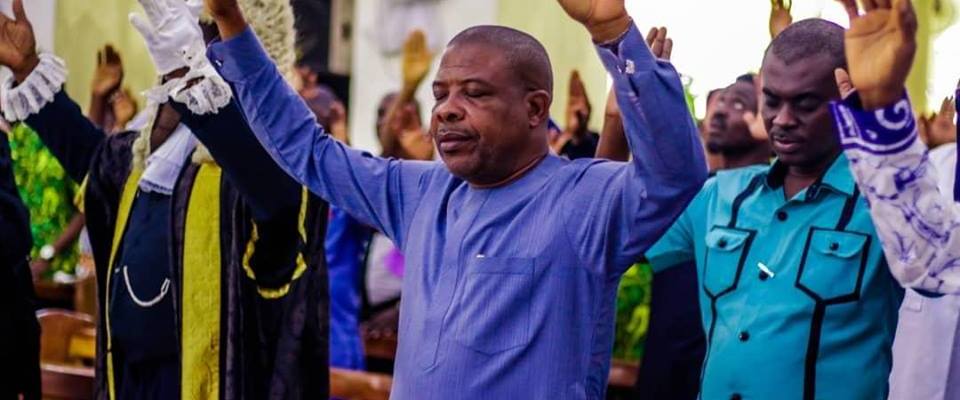By: Daure David
The Economic and Financial Crimes Commission (EFCC) has formally invited former Imo State Governor Emeka Ihedioha for questioning over financial transactions conducted during his brief seven-month tenure in office from May 29, 2019, to January 14, 2020. The move has sparked outrage among opposition leaders, who describe the action as a politically motivated witch-hunt.
According to a letter dated July 18 and signed by EFCC Director of Investigation, Abdukarim Chukkol, the Commission requested the Imo State Government to release certain officials for interrogation and to provide payment approvals, vouchers, and schedules of transactions from Ihedioha’s administration.
The invitation comes amid a broader probe targeting key opposition figures. Former Sokoto State Governor Aminu Tambuwal was detained overnight after failing to satisfactorily explain alleged cash withdrawals amounting to ₦189 billion during his tenure. Both Tambuwal and Ihedioha are prominent members of the African Democratic Congress (ADC)-led opposition coalition.
The ADC has condemned the EFCC’s actions, accusing the Commission of selective investigation aimed at discrediting opposition leaders. “The timing of these probes years after these officials left office raises serious questions about their urgency and intent,” said Mallam Bolaji Abdullahi, the ADC’s National Publicity Secretary.
Sources close to Ihedioha argue that the EFCC has failed to specify any concrete allegations, instead demanding a blanket submission of all financial records from his short-lived administration. “This is not an investigation; it’s a fishing expedition,” said one aide, who described the move as “100 percent politics.”
Insiders claim that both Ihedioha and Tambuwal were recently pressured to align with President Bola Tinubu’s political camp. Their refusal, according to sources, may have triggered the EFCC’s sudden interest in their past governance records.
Tambuwal’s associates have also pointed out that Sokoto’s current governor, Aliyu Sokoto Tambuwal’s former deputy was involved in many of the decisions under scrutiny but enjoys immunity from prosecution.
The EFCC has not yet publicly disclosed the specific allegations against Ihedioha, fueling speculation that the probe may be more about political optics than substantive wrongdoing. Ihedioha, who recently returned from abroad, is expected to appear before the Commission later this week.
As the controversy unfolds, civil society groups and legal experts are calling for transparency and fairness in the EFCC’s operations. “Anti-corruption efforts must be rooted in evidence, not political vendettas,” said one Abuja-based analyst.
For now, the public awaits clarity on what, if any, wrongdoing occurred during Ihedioha’s brief time in office and whether the EFCC’s actions will stand up to scrutiny beyond the headlines.







